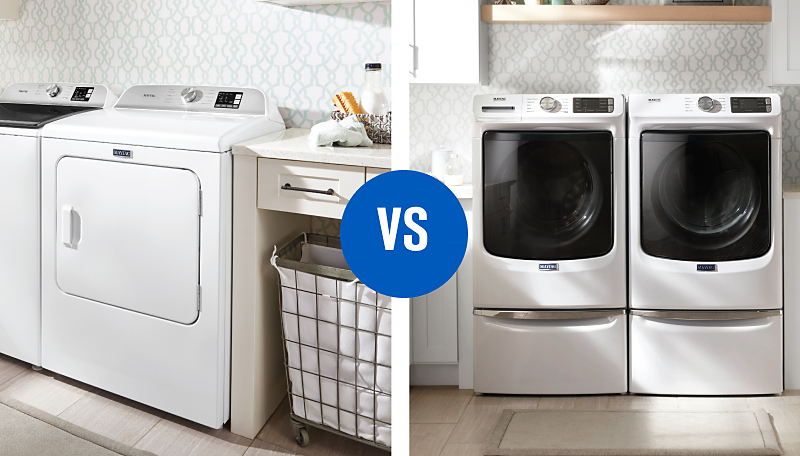When it comes to choosing a dryer, one of the important considerations is the type of venting system. Electric and gas dryers have different venting requirements, and each has its own advantages and disadvantages.
Gas Dryer Vents
Gas dryer vents use a venting system that is designed to exhaust fumes and moisture from the dryer. The venting system must be made from corrosion-resistant materials to prevent damage from the acidic gases produced by the dryer. Gas dryer vents also carry a fire risk, as the buildup of lint and other debris can ignite, potentially causing a fire.
Pros:
Faster drying time: Gas dryers typically have a faster drying time than electric dryers, which can save time and energy.
Lower energy costs: Gas dryers are generally less expensive to operate than electric dryers, as natural gas is often less expensive than electricity.
Cons:
Higher installation costs: Gas dryer vents require specialized installation, which can be more expensive than electric dryer vents.
Fire risk: Gas dryer vents carry a higher risk of fire than electric dryer vents, making regular cleaning and maintenance essential.
Electric Dryer Vents
Electric dryer vents only need to exhaust air and moisture from the dryer, and can use flexible ducting. This type of venting system is typically less expensive and easier to install than gas dryer vents.
Pros:
Lower installation costs: Electric dryer vents are typically less expensive to install than gas dryer vents, as they do not require specialized materials.
Reduced fire risk: Electric dryer vents carry a lower risk of fire than gas dryer vents, making them a safer option for many homes.
Cons:
Longer drying time: Electric dryers typically take longer to dry clothes than gas dryers, which can be less energy-efficient and more time-consuming.
Higher energy costs: Electric dryers are generally more expensive to operate than gas dryers, as electricity is often more expensive than natural gas.
Choosing the Right Dryer Vent
When choosing a dryer vent, consider your budget, energy efficiency goals, and safety concerns. Gas dryer vents may be a good choice for those who want faster drying times and lower energy costs, but they require specialized installation and carry a higher fire risk. Electric dryer vents may be a good choice for those who want lower installation costs and reduced fire risk, but they may take longer to dry clothes and be more expensive to operate.
Conclusion
Choosing the right dryer vent is an important consideration when selecting a dryer for your home. Gas dryer vents offer faster drying times and lower energy costs, but carry a higher fire risk and require specialized installation. Electric dryer vents offer lower installation costs and reduced fire risk, but may take longer to dry clothes and be more expensive to operate. Consider your budget, energy efficiency goals, and safety concerns when choosing the right dryer vent for your needs.




No comment